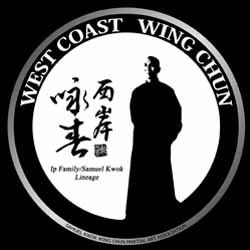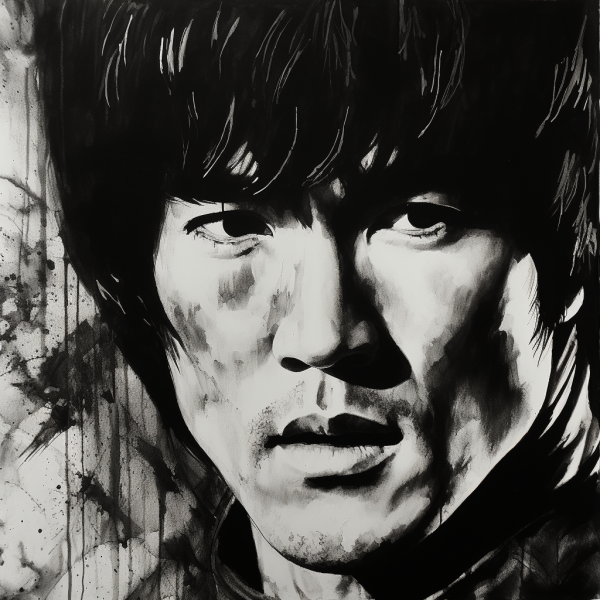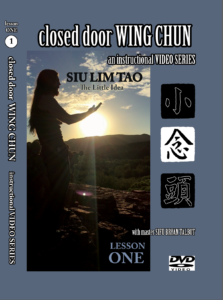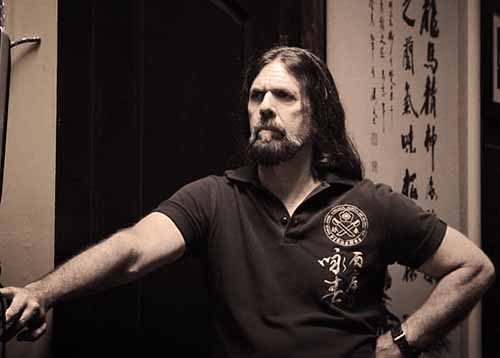Bruce Lee's Influence on Wing Chun: Exploring the Legacy of a Martial Arts Icon
The Early Years of Bruce Lee and Wing Chun
Bruce Lee’s engagement with martial arts started in his birthplace, Hong Kong, where he studied Wing Chun under the notable master, Yip Man. He meticulously refined his skills while ingraining the fundamental tenets of this time-honored Chinese martial art.
The principles of efficiency, directness, and adaptability inherent in Wing Chun found a profound echo in Bruce Lee. He envisioned the potential of these techniques and principles extending beyond the limits of traditional martial arts. Unbeknownst to the world, these formative experiences were laying the foundation for a profound upheaval in the global martial arts scene.
The Evolution of Jeet Kune Do
As Bruce Lee’s martial arts journey progressed, he began to develop his own martial art philosophy, which he would later call Jeet Kune Do. Jeet Kune Do was a departure from the rigid, stylized techniques of traditional martial arts. It was a philosophy rooted in simplicity, practicality, and the idea that one should “absorb what is useful, discard what is not.”
Incorporating elements from Wing Chun, boxing, fencing, and other martial arts, Bruce Lee’s Jeet Kune Do was a fluid, ever-evolving approach to combat. It emphasized adaptability and personal expression over rote memorization of techniques. This revolutionary philosophy challenged the conventions of martial arts and led to a paradigm shift in how combat was perceived and taught.
Bruce Lee's Influence on Modern Martial Arts
Bruce Lee’s influence, ideas and teachings sparked a revolution in the martial arts world. He questioned tradition and encouraged martial artists to explore beyond the confines of their own systems. His belief in the practicality of techniques and the importance of self-expression resonated with countless practitioners.
Jeet Kune Do became a catalyst for change, inspiring a new generation of martial artists to seek knowledge from various disciplines and adapt their training to suit their own strengths and weaknesses. Bruce Lee’s influence extended far beyond his own practice; it reached anyone who aspired to become a well-rounded, adaptable martial artist.
The Enduring Legacy of Bruce Lee's Influence and Wing Chun
Today, Bruce Lee’s enduring legacy resonates in the hearts and minds of martial artists across the globe. His teachings persistently invigorate and mold the practice and instruction of martial arts. Specifically, Wing Chun has experienced a renewed interest, fueled by Bruce Lee’s association with the art, leading to increased awareness, understanding, and respect for this traditional martial art.
Countless Wing Chun schools and practitioners infuse elements of Bruce Lee’s philosophy into their training, emphasizing pragmatism and flexibility. His innovative approach to Wing Chun — integrating adaptability and personal expression — challenges practitioners to break from rigid traditions and explore their own unique interpretations and applications of the art.
Bruce Lee’s heritage stands as a testimony that martial arts are dynamic and constantly evolving. His philosophy propels martial artists to question, adjust, and innovate, keeping the martial arts community spirited and pertinent.
In summary, Bruce Lee’s impact on Wing Chun and the martial arts world is irrefutable. From a young Wing Chun student to the architect of Jeet Kune Do, his lasting legacy continues to shape our approach to martial arts and self-improvement. Examining the intertwined relationship between Bruce Lee’s legacy and the timeless art of Wing Chun reveals a deep testament to the power of adaptability, individual expression, and the relentless pursuit of self-mastery.




